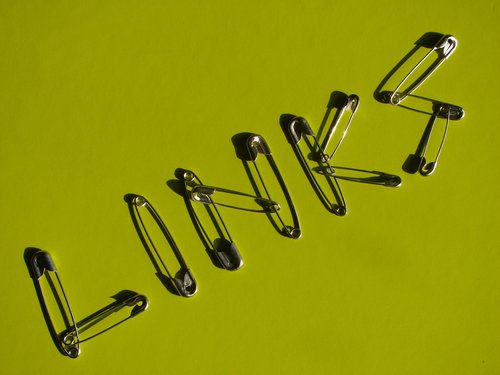Since the introduction of Google’s Penguin algorithm many have suggested that links are no longer important for SEO. I’ve even seen some misguided folks suggesting all links are outright bad. As usual the truth is more complicated than that.
It has become such a common issue that veteran SEO writer used his regular column over at Search Engine Watch to attempt to fully answer whether links are important for SEO these days. The exact question he was asked was “do you feel Google is putting less emphasis on links as part of their algorithm?”
The truth is there are a variety of types of links that have been devalued and count very little or are poisonous to your SEO. BUT, these links were almost entirely the type “that never should have been counting in the first place.”
You see, the types of links being devalued are being brought down because they are spammy. Google has gotten increasingly smarter and better at its job of helping people find what they want on the internet without running into spam or low-quality sites. The devalued links come from junk directories, link networks, paid link brokers, article databases, link wheels, etc. The list could go on and on. But, this hasn’t brought down the quality links that good SEO professionals have built.
In Ward’s opinion, quality links matter even more now. Google can tell a lot of information about links in your profile, and they are swift to penalize low quality or spammy links, but they are even more rewarding to those who have the “right” kind of links.
Any SEO professional or online marketer you hire to help raise your brand’s profile online should be able to tell the difference between good and bad links. They know what Google doesn’t like, and they stay out of trouble. However, the best online marketers know that organic search traffic and link building are only a part of a much larger system.





